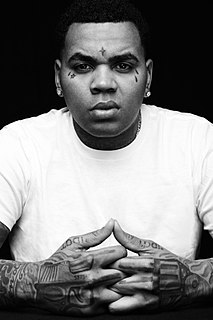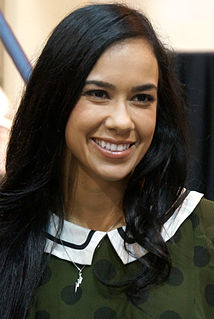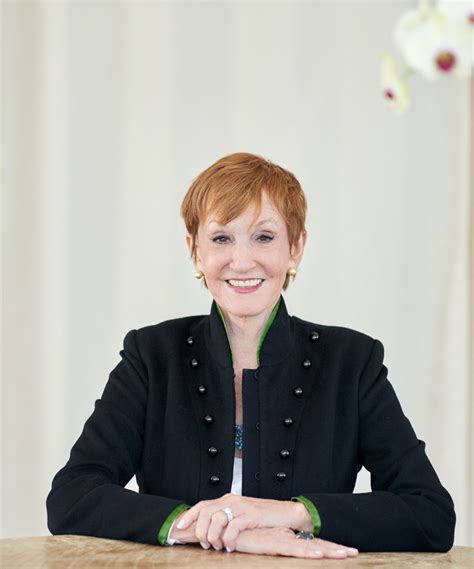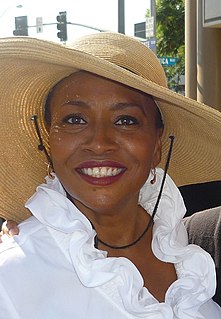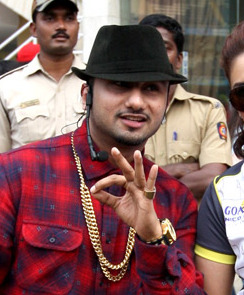A Quote by Kevin Gates
I just always wanted to study human behavior because every psychologist that I would talk to would tell me I was bipolar, and I know I'm not bipolar, so I had to perform a psychoanalysis on myself to find out that I have unresolved grief.
Related Quotes
I don't want to be caught ... ashamed of anything. And because generally someone who has bipolar doesn't have just bipolar, they have bipolar, and they have a life and a job and a kid and a hat and parents, so its not your overriding identity, it's just something that you have, but not the only thing - even if it's quite a big thing.
I learned that I suffered from bipolar II disorder, a less serious variant of bipolar I, which was once known as manic depression. The information was naturally frightening; up to 1 in 5 people with bipolar disorder will commit suicide, and rates may even be higher for those suffering from bipolar II.
I would love to be a field biologist. I would love to do what Jane Goodall did, just totally immerse myself in the life of one specific species for years and study every aspect of its behavior until little by little, all of these patterns become clear. That would be great, but I don't know if I have it left in me.
I always encourage people who had a loss of any kind that you find something to focus on that takes you out of that horrific sorrow. And you have to go through it. No way out but through in the grief. But don't remain in the grief. You know, find something that you can nurture as you would that being that you loved.
For bipolar in adults, I think there's pretty good agreement about what this looks like. For bipolar in children, there is some considerable debate about where are the boundaries. At the mild end, are these just kids who are active? Is this the class clown at the very severe - is this something other than a mood disorder?
I had always had a little problem looking out for myself in love. I was afraid people would leave me. So I sort of clung and did everything possible to keep someone around. I didn't have a hard talk with myself about who I was keeping around. Doesn't take a rocket scientist to figure that out. I clung to people like human life preservers. I thought i'd die if someone left me. Its ironic because now I'm the one who's leaving.
I have to try to watch myself and give myself feedback. People would take for granted that I was ready to go right away. And I would say, "No, no, no, no, I actually have to go talk to myself." Because I need to just take a minute to think about what just happened and tell myself what to do in the next take, so just give me two minutes to go be a director.
I wanted to walk over there. I wanted to curl up beside him, lean against him, talk to him. I wanted to know what he was thinking. I wanted to tell him everything would be okay. And I wanted him to tell me the same thing. I didn't care if it was true or not- I just wanted to say it. To hear it, to feel his arms around me, hear the rumble of his words, that deep chuckle that made me pulse race
